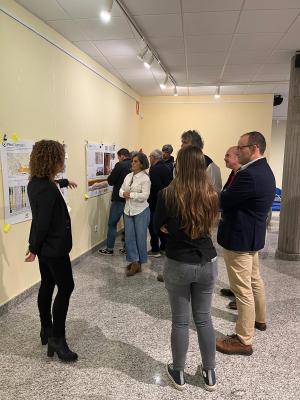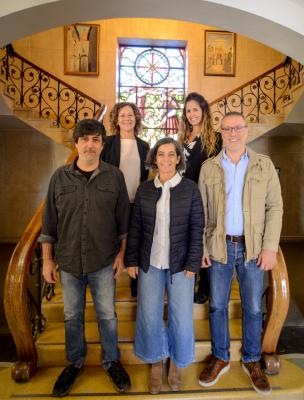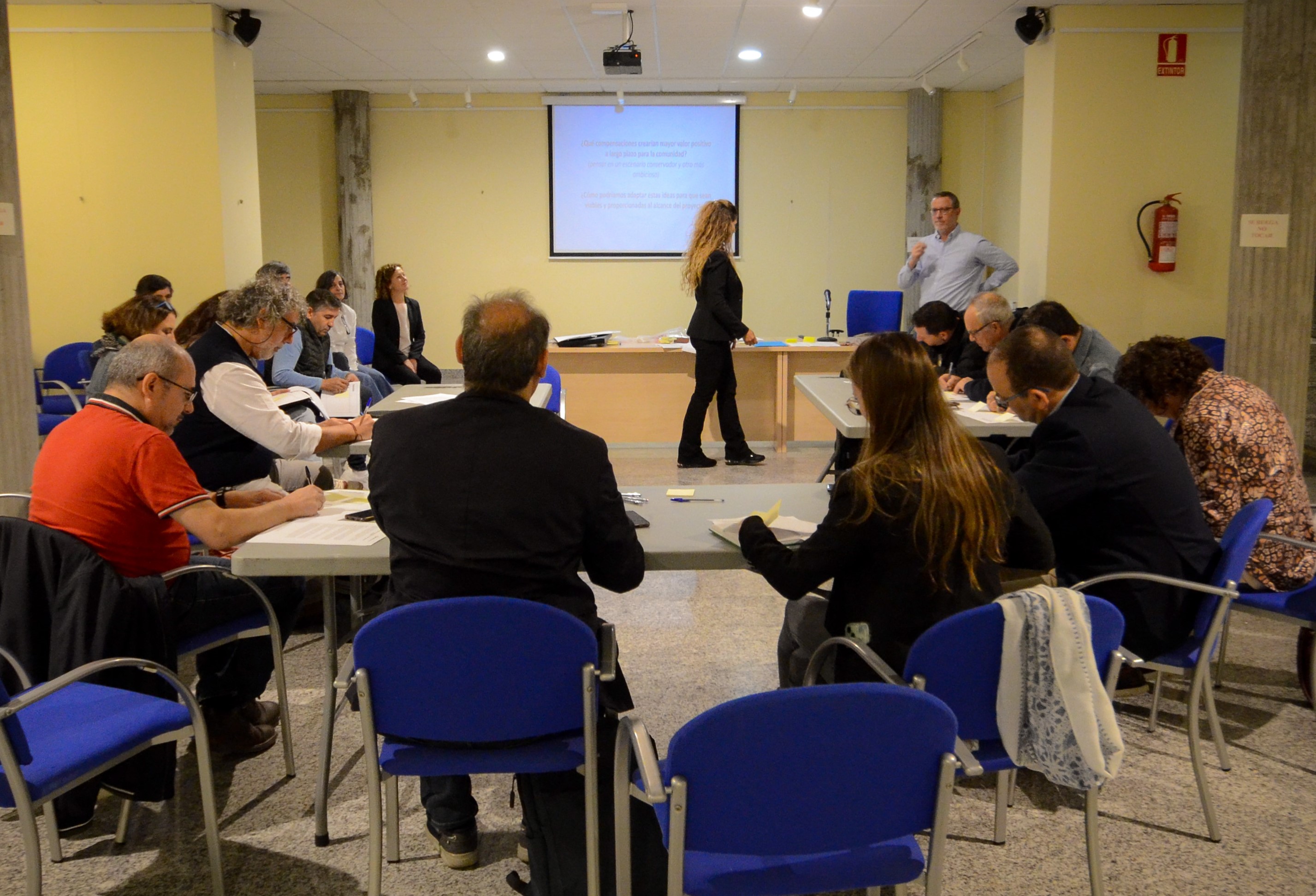The Socio-technical Research Centre (CISOT), in collaboration with the Energy Systems Analysis Unit of CIEMAT and the Geological and Mining Institute of Spain (IGME), organised the fourth session of the Regional Stakeholder Committee for the Ebro Basin region in Belchite (Zaragoza) on October 3rd. Belchite is one of the localities situated in the geological zone selected for the investigation of a potential pilot project for underground CO2 storage. This committee is part of the European Pilot-STRATEGY project, which explores potential sites for geological CO2 storage in industrial regions of southern and eastern Europe.
Regional stakeholder committees represent a fundamental mechanism for the participation of local actors in the project, serving as social laboratories for the research and development of methodologies for the involvement of local communities in CO2 storage projects. The experiences and lessons learned from these committees will be essential to guide future commercial projects that must address the challenge of social acceptance.
Objectives
The fourth committee session focused on three key aspects: i) discussing the importance of community compensation in Carbon Capture and Storage (CCS) projects; ii) identifying needs and potential compensation for the local community near Lopín; and iii) presenting the preliminary results of the analysis of the project's socioeconomic impact.
The event was attended by a wide range of representatives from key sectors: local industry, public administration, and civil society associations. The organising team was composed of CIEMAT researchers along with the Ebro Basin technical team in Spain, made up of specialists from IGME and REPSOL.
The session
During the session, participants worked in small groups, facilitating a direct and productive exchange of ideas. This dynamic allowed for the collaborative identification of the community's main needs and the exploration of possible compensation mechanisms associated with a potential CO2 storage project in the region.

Stakeholder groups identified the improvement of infrastructure and public services (including health, education, and culture), economic development, and the creation of stable employment as the community's primary needs. Regarding potential compensations, participants identified and prioritised various compensation measures for the potential CO2 storage project, which can be classified into five key areas: financial measures (tax benefits and incentives for local entities); environmental measures (habitat restoration and the development of green spaces); socioeconomic development measures (local employment, business attraction, and the establishment of an R&D centre focused on decarbonisation); improvements in quality of life (improved health and education services and specialised training programs); and infrastructure improvements (improvements in the transportation network and the development of cultural facilities).
The different perspectives contributed by the various sectors represented enriched the debate on the socioeconomic impacts of a future storage project, as well as on its possible associated compensations and helped to establish preliminary conclusions about the expectations of the local community. To ensure the continuity of this joint work, the next meeting of the Regional Stakeholder Committee has been scheduled for early 2025 in an online format.




